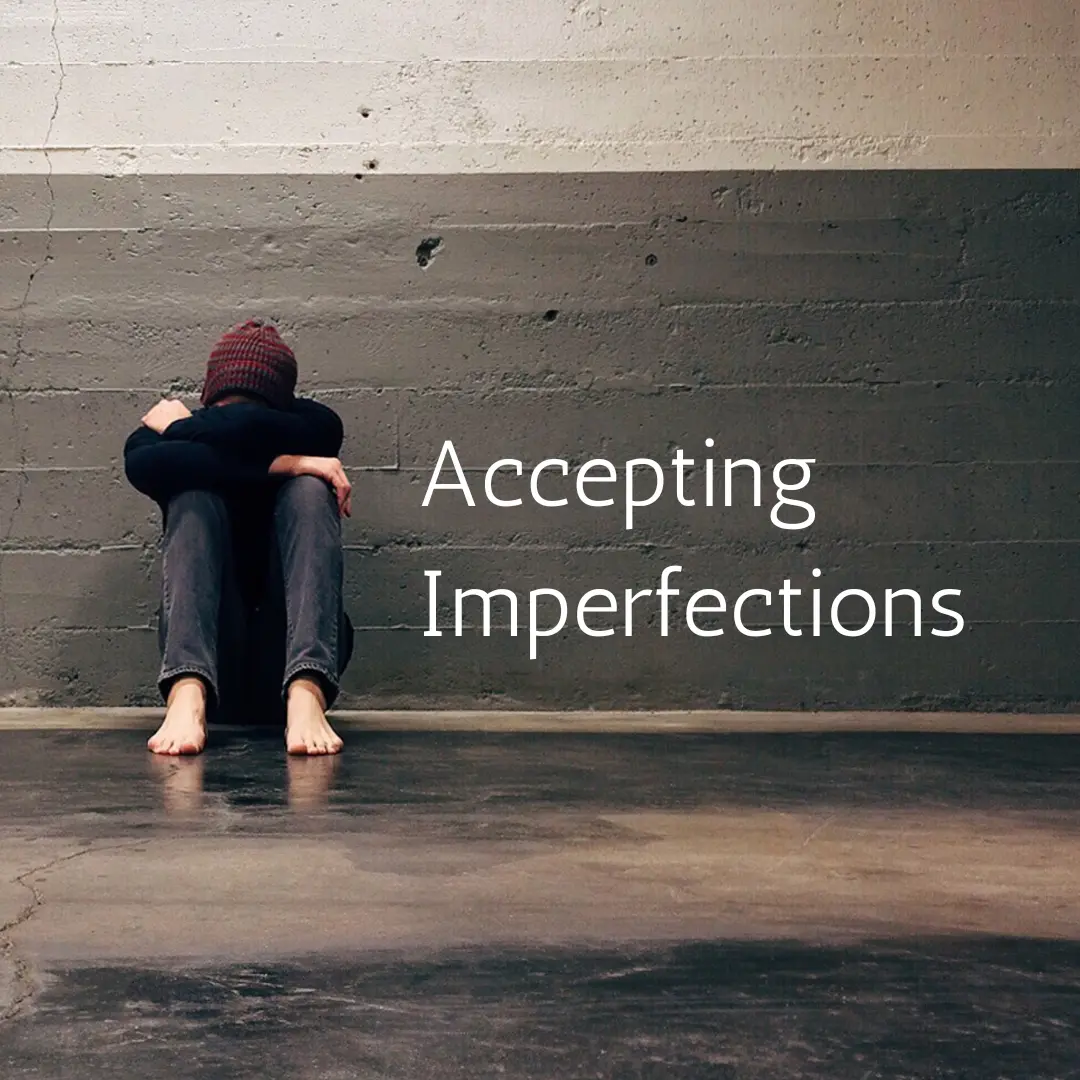In the fast-paced, goal-oriented world we live in, it’s easy to get caught up in the pursuit of what we don’t have. The modern societal norm often places immense pressure on individuals to achieve more, acquire more, and constantly strive for the next big thing. However, the wisdom encapsulated in the phrase “Love what you have, before life teaches you to love – Tymoff” serves as a poignant reminder to appreciate the present and find joy in our current possessions and circumstances.
Understanding the Essence of the Quote
The quote by Tymoff emphasizes the importance of gratitude and contentment. It suggests that by learning to love and appreciate what we have now, we can avoid the harsh lessons that life sometimes imposes to make us realize their value. It speaks to the idea that true happiness and fulfillment come from within, rather than from external achievements or possessions.
The Pursuit of More: A Double-Edged Sword
While ambition and striving for improvement are not inherently negative, they can become detrimental when they overshadow our ability to appreciate the present. The relentless pursuit of more can lead to a cycle of perpetual dissatisfaction. This phenomenon, often referred to as the “hedonic treadmill,” implies that as people achieve more, their expectations and desires also increase, leading to a continuous chase without true satisfaction.
The Power of Gratitude
1. Psychological Benefits:
- Practicing gratitude can significantly enhance mental well-being. Studies have shown that individuals who regularly express gratitude experience higher levels of positive emotions, life satisfaction, and overall happiness.
- Gratitude helps in reducing stress, anxiety, and depression by shifting focus from what is lacking to what is present and valuable in one’s life.
2. Strengthening Relationships:
- Expressing gratitude in relationships fosters deeper connections and mutual respect. It encourages a positive feedback loop, where acts of kindness and appreciation are reciprocated, strengthening the bond between individuals.
- Recognizing and valuing the efforts and presence of loved ones can lead to more supportive and harmonious relationships.
3. Enhancing Physical Health:
- Grateful individuals are more likely to engage in healthy behaviors such as regular exercise, balanced eating, and routine medical check-ups. This is because gratitude promotes a positive outlook, which is often linked to taking better care of oneself.
- Lower stress levels associated with gratitude can lead to improved cardiovascular health and a stronger immune system.
Practical Ways to Cultivate Gratitude
1. Keep a Gratitude Journal:
- Write down three things you are grateful for each day. This practice can help shift focus from negative experiences to positive ones, reinforcing a grateful mindset.
2. Mindfulness and Meditation:
- Engage in mindfulness practices that encourage living in the moment and appreciating the present. Meditation can help in acknowledging and savoring the small joys of daily life.
3. Express Appreciation:
- Make it a habit to express gratitude to people around you. Whether it’s a simple thank you note, a verbal acknowledgment, or a small act of kindness, showing appreciation can enhance your sense of gratitude.
4. Reflect on Challenges:
- Reflecting on past challenges and recognizing how they have contributed to personal growth can foster a sense of gratitude for the lessons learned and the strength gained.
Avoiding the Pitfall of Complacency
While it is essential to appreciate what we have, it’s also important to balance contentment with growth. Loving what you have doesn’t mean settling for mediocrity or abandoning ambition. It means recognizing and valuing the present while also striving for future improvements. This balance ensures that we don’t fall into complacency but rather pursue growth from a place of positivity and fulfillment.
Life’s Lessons: When Appreciation Comes Too Late
Life has a way of teaching lessons, often the hard way. Many people realize the value of what they had only after it’s gone. Relationships, health, time, and opportunities are often taken for granted until they are lost. The quote by Tymoff serves as a gentle yet powerful reminder to cherish these aspects before life imposes its lessons.
Conclusion: Embracing a Grateful Life
In conclusion, the wisdom in “Love what you have, before life teaches you to love – Tymoff” encourages us to practice gratitude and contentment. By appreciating what we have, we can lead a more fulfilled and happy life, mitigating the risk of regret and missed opportunities. It’s a call to shift our focus from perpetual longing to appreciating the present, fostering a sense of peace and satisfaction in our daily lives. Embrace the present, cherish your blessings, and let gratitude be the foundation of your happiness.




